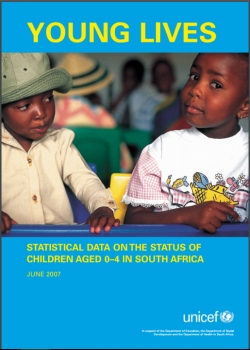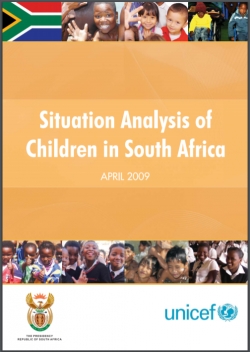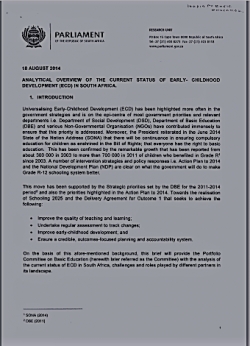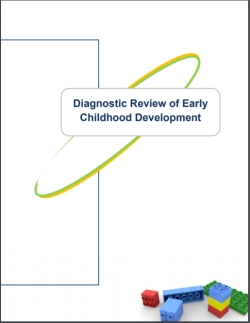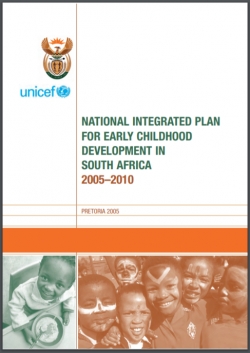In Richter, L., et al. (2012). Diagnostic review of early childhood development. Pretoria: Department of Performance, Monitoring and Evaluation & Inter-Departmental Steering Committee on Early Childhood Development Government funding for ECD in South Africa
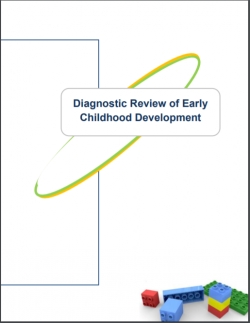
Book Stores
Type
E-Book
Authors
Category
ECCE
[ Browse Items ]
Publication Year
2012
Publisher
URL
[ private ]
Pages
18 p.
Subject
Early childhood development, Funding, ECD Budgets, ECD policy, Poverty, Government role, South Africa
Tags
Abstract
Tracking ECD funding in South Africa is difficult because it cuts across multiple departments. Many do not have specific ECD budget line items and in the case of others, their descriptions of services do not coincide with the terminology of current ECD policy. It is possible to determine two primary sources of ECD funding. The Department of Social Development's per child subsidy paid to registered ECD centres and Grade R funding provided by the Department of Basic Education. Both sources of funding have increased substantially over the last decade and Grade R funding is well targeted. While the per-child subsidy is targeted to children from poor families, targeting is constrained by availability of and access to registered centres. In addition, the subsidy system is insufficient to reach all children living in poverty and other vulnerable circumstances. There is thus built-in inequity in the current model which prejudices young children not in centres, urban and rural children living in poverty, and children with disabilities. There is no meaningful and secure funding provision for programme-based, as opposed to centre-based ECD services. In addition, whether programme- or centre-based, services for these marginalised groups are the responsibility of small, underfunded and oft under-powered NGOs. Many lack the funds to provide and sustain adequate infrastructure. This prejudices children in terms of the quality and safety of the care environment and it means that many centres cannot register and access the per child subsidy. Even for those able to access the subsidy, the amount given is insufficient-to provide sustainable and quality services. This leaves many NGOs with the responsibility to raise funds even when they lack the capacity to do so. And to levy fees for parents who can ill-afford them. Where there are no charitable funds or parent fees, there simply is no service. Herein lies the heart of the problem. In terms of the current model, the state is not held accountable for the poor quality of, or cessation of the service or, for that matter the lack of service in many particular.
Description
Paper
Number of Copies
1
| Library | Accession No | Call No | Copy No | Edition | Location | Availability |
|---|---|---|---|---|---|---|
| Main | 49 | 1 | Yes |
